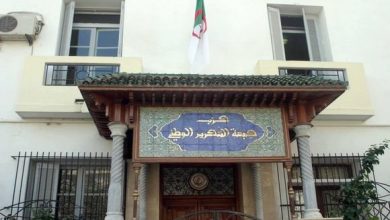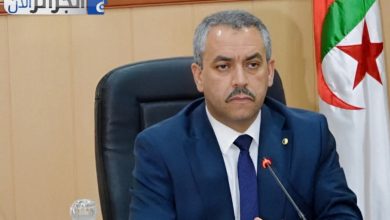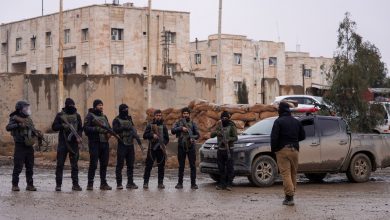Paris, France – Islamic religious councils in several French regions are taking legal action against a recent public opinion poll, alleging bias and the promotion of Islamophobia. Councils in the Loire, Aube, and Bouches-du-Rhône departments have filed formal complaints with the public prosecutor’s office, challenging the validity and potential impact of the survey.
The poll, conducted by Ifop and titled “Assessment of the Relationship Between Muslims in France, Islam, and Islamic Extremism,” was released in mid-November and has sparked widespread controversy. The councils argue that the survey violates the principle of neutrality mandated by the French law of July 19, 1977, which regulates the publication of public opinion polls.
According to the legal complaint, prepared by lawyers Raphaël Kempf and Romain Ruiz, the questions posed in the survey were formulated in a manner that incites controversy and steers public opinion toward preconceived notions. The lawyers assert that the poll contributes to the spread of hateful sentiments and fuels Islamophobia, citing a 75% increase in Islamophobic incidents this year compared to last year, based on data from the French Ministry of the Interior.
The councils’ statement further contends that the poll, which was widely promoted by right-wing media outlets, constitutes a direct affront to Muslims in France and undermines the principles of equality and fraternity upon which the French Republic is founded.
The French Council of the Muslim Faith (CFCM) has also voiced strong opposition to what it considers the political exploitation of polls related to Muslims. The CFCM criticized entities that use such data to perpetuate a narrative that delegitimizes the Muslim community’s presence in France.
The CFCM highlighted that the poll, based on a sample size of approximately 1,000 participants, claimed that “Muslims increasingly favor religious rulings over French law.” The council condemned this assertion as a dangerous generalization that distorts the image of Muslims and steers public debate toward biased and unsubstantiated paths. This incident has reignited discussions about the role of polling organizations in shaping public discourse and the potential for misuse in promoting discrimination.




